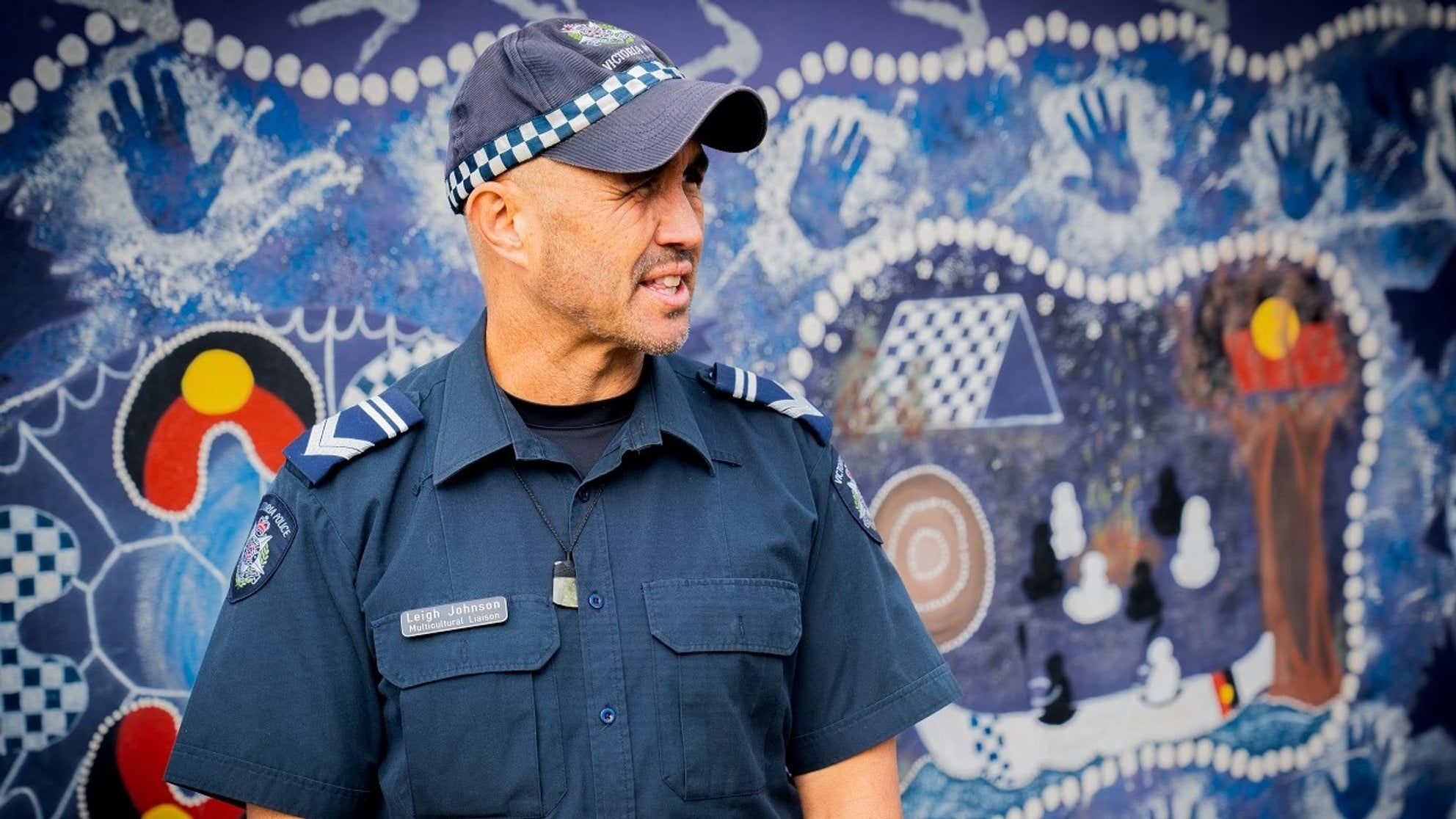Relationship challenges, concerns and difficulties, is the number one reason that employees and their family members reach out to the Victoria Police Psychology Unit for guidance and support.
Good relationships don’t just happen. Whether it's a relationship between partners, parent and child, siblings, colleagues, and / or extended family and friends, positive relationships need ongoing maintenance - check ins and tune ups - requiring tools such as patience, flexibility, and moments of undivided attention.
Good relationships grow when people make the conscious decision to listen, compromise, and support one another. This isn’t always easy, and some days it feels harder than others. The good news is that there are a few simple things we can all do to build, nurture, and maintain healthy relationships in our lives.
Tips for building healthy relationships
Fighting Fair
If you are in a close relationship with someone, you are not going to always agree on everything. When you’re arguing, ask yourself what you could say or do right now to be constructive. Don’t lose sight of the fact that your friend or loved one is a person you care about. Try to put yourself in their shoes.
There are many things you might disagree on and these will be different within each relationship. Conflict can help to clarify things, settle issues or provide momentum for action. It’s not about whether you argue or not, it's about how you resolve your disagreements.
Tips for keeping conflict productive and fair
Respectful Relationships
If you are trying to control, belittle, humiliate, retaliate or punish a loved one to win a fight, then you need to check yourself. This behaviour is never acceptable. It’s your responsibility to maintain respect and compassion for yourself and the other person, even in the heat of the moment.
Ending a relationship
When a relationship ends you can experience many different thoughts and feelings. If you are the person ending the relationship, you may have had time to think about what you need and have prepared yourself for moving forward.
If you have not made the decision to leave, you are starting from a different point of understanding and acceptance. Either way, you may feel sadness, anger, uncertainty, relief, shock or hope. It’s normal to experience all these emotions and more.
Following a relationship breakup, you may experience lots of short-term changes, including:
- under-eating or over-eating
- difficulty sleeping, changes in your sleep routine, vivid dreams and nightmares
- dramatic swings from feeling ok to feeling awful
- feeling preoccupied with the breakup, idealising the relationship or focusing on all of the negative things
- drinking more alcohol than usual
- feeling unable to accept what’s happening.
These things should decrease over time as you grieve and heal. It's important to seek professional help if your mood remains low, if your behaviour is becoming erratic and unpredictable, or if you are thinking about hurting yourself or other people.
Your reactions to the situation are your own responsibility. Verbal or physical abuse towards an (ex) partner, parents or children is never okay and can be a criminal offence.
Family Violence
If you are experiencing, afraid of, or affected by domestic and/or family violence, you can contact the following organisations:
1800RESPECT
National sexual assault, family and domestic violence counselling service
Call: 1800 737 732 (24 hours a day, 7 days a week)Safe Steps
Victoria's family violence response centre
Call: 1800 015 188 (24 hours a day, 7 days a week)No to Violence
National counselling, information and referral service
Call: 1300 766 491 (24 hours a day, 7 days a week)
There is never any excuse for choosing to use domestic and/or family violence. See tips above in 'Fighting Fair' for ways to manage relationship conflict in a positive and respectful manner.
If you are a victim survivor of domestic and/or family violence perpetrated by a Victoria Police employee, and there is no immediate danger, you can:
- learn more about the process for reporting in the Options Guide for Victim Survivors of Victoria Police Perpetrated Family Violence or Sexual Offences
- make a report via our Reporting family violence or sexual offences perpetrated by a Victoria Police employee page.
Updated


